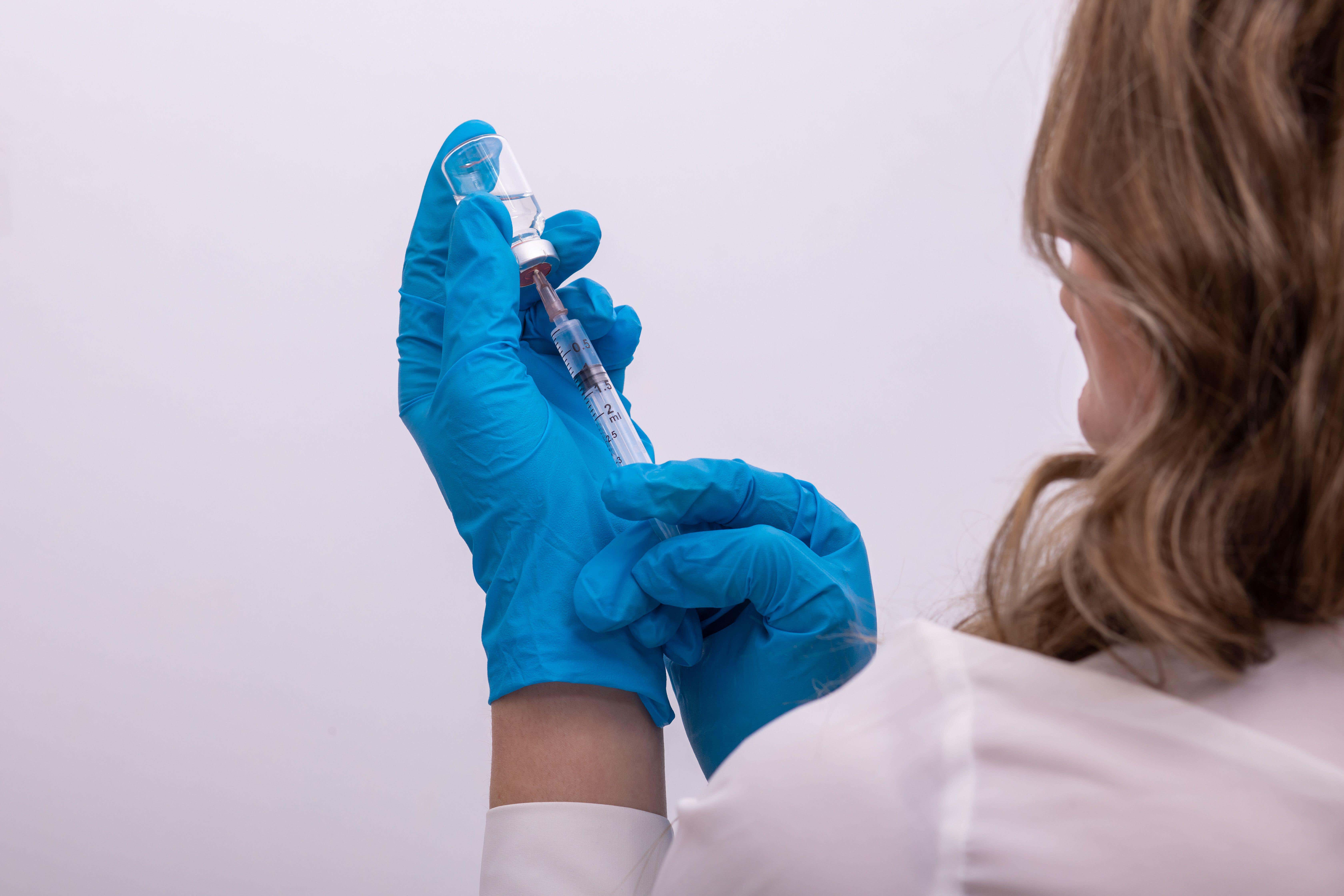Disease X vaccine ‘could be ready within 100 days of new threat emerging’
Researchers will also seek ways to speed up manufacture of jabs so vaccines could be rolled out more quickly in the event of a future outbreak.

A vaccine for a new virus with pandemic potential could be developed in as little as 100 days thanks to groundwork by British scientists.
Researchers from the University of Oxford are examining how to adapt the vaccine it created for Covid-19 for an unknown disease, also known as Disease X.
They will also examine how other vaccines can be developed to thwart future threats.
The announcement comes as the Coalition for Epidemic Preparedness Innovations (CEPI) announced it was awarding Oxford scientists up to 80 million US dollars (£63.6 million) for the project.
This is a groundbreaking commitment from CEPI to provide momentum that will drive the critical research that we need to be better prepared for future pandemics
Scientists will come up with prototype vaccines against “high risk” viruses most likely to cause a future pandemic, which could swiftly be adapted if a new threat emerges.
The CEPI said this would “pave the way for the development of new vaccines… within just 100 days of a virus with pandemic potential emerging”.
Researchers will also be tasked with working on ways to speed up manufacture of jabs so vaccines could be rolled out more quickly in the event of a future outbreak.
Professor Sir Andrew Pollard, director of the Oxford Vaccine Group and investigator at the Pandemic Sciences Institute, Oxford, said: “This is a groundbreaking commitment from CEPI to provide momentum that will drive the critical research that we need to be better prepared for future pandemics.
“Building on our extensive experience in vaccine development over the past 30 years and world-leading response to Covid-19 with the Oxford-AstraZeneca vaccine, we will strive with CEPI to secure the safety of future generations against the ongoing threats from the microbial world.”
Dr Richard Hatchett, chief executive of CEPI, said: “Through this partnership, CEPI will benefit from the expertise of Oxford’s world class team of vaccine scientists, and the institution’s steadfast commitment to global equitable access, as we prepare for future pandemic threats.”
Researchers from the UK Health Security Agency have already begun work on developing vaccines against Disease X.
Work is ongoing at the high-security Porton Down laboratory in Wiltshire.
Bookmark popover
Removed from bookmarks